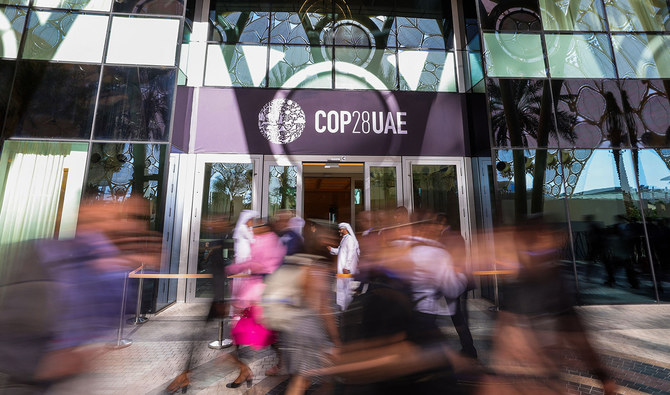The UN’s COP28 Summit, on its first day of talks, approved a draft plan for a fund to help vulnerable countries hit by climate disasters, which are made worse by pollution spewed by wealthy nations. According to the details, the representatives from more than 200 countries okayed the long-awaited demands of the developing nations for compensation from wealthier, more industrialized countries to help with the costs of destructive storms, heat waves and droughts fueled by global warming. The fund has been widely viewed as a positive sign for the two-week summit currently underway in Dubai, UAE.
The initial pledges add up to about $549 million, and climate-related damages are expected to cost developing countries between $280 billion and $580 billion per year by 2030. As said the Loss and Damage fund is expected to be up and functional this year to meet the biting needs of the poor nations relating to the worst climate impact prevention, mitigation and reconstruction as well. According to the details, the UAE and Germany each pledged $100 million, the UK pledged about $76 million, Japan owes $10 million and the EU climate commissioner announced $245 million to the global cause. Interestingly, the US government promised $17.5 million, an amount that climate activists criticized as too small as a peanut for the world’s largest economy and major environmental polluter in the world.
The compensation or the Loss and Damage Funds typically refer to financial resources or mechanisms set up to assist communities, or countries affected by the impacts of climate change. Over the past three decades, compensation has been a major demand of the least developing and underdeveloped nations in Asia, Africa, and other regions, which have no contribution to the creation of greenhouse gasses but remained the biggest victims of climate-induced events throughout the past. These funds aim to address the costs associated with irreversible losses, damages, or the inability to adapt to the adverse effects of climate change, particularly in vulnerable regions. The funds will be sourced from various channels, including international agreements, donor contributions, or national budgets, to support recovery and mitigation efforts in areas experiencing severe environmental impacts.
Several countries and regions around the globe are seriously vulnerable to the worst impacts of global warming due to multiple factors such as geographical location, socioeconomic conditions, limited resources, and the slow pace of climate adaptation. Coastal nations and regions, Small Land Developing States (SLDC), and Least Developed Countries (LDC) in Asia and Africa have been the victims of climate actions over the past decades. Pakistan is one of the biggest sufferers of Climate-related events including superfoods, droughts, landslides, and galicermelts which pose serious economic and survival risks to the South Asia nation. Pakistan along with other developing nations and Group 77 made concerted efforts to the creation of Loss and Damage Fund under the United Nations Framework Convention on Climate Change (UNFCCC) at the COP27 held in January last year, which fundamentally paved the way for the passage of recently approved compensation mechanism at the COP28.
Historically, there had been a bullfight between the developed world whose reckless industrialization immensely polluted the global environment with the poor and least developing nations, who paid a heavy price for the growth and prosperity of their adjoining states due to grave impacts of pollution-driven global warming. It is a historic moment because the global community successfully overcame their mutual difference and progressed toward their collective goals concerning the climate change phenomenon that poses serious risks to the survival of the entire universe. In this graceful movement, the nations with diverging interests including the United States, India, China and Russia must overcome their mutual distrust and launch sincere and meaningful efforts to fulfil their curial obligations regarding global warming so, the world nations can be able to grasp their Climate Change agenda set for 2030 and 2050 through teamwork and cooperation.







